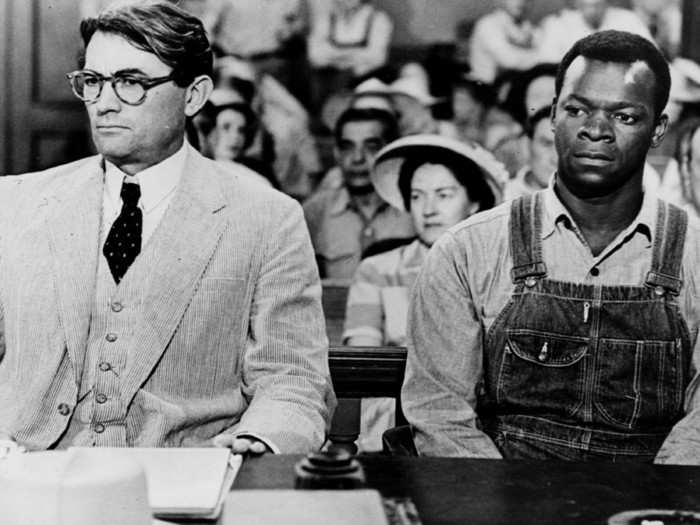- Home
- Military & Defense
- Here's The Epic Real Life Inspiration For Tolkien's 'Lord Of The Rings'
Here's The Epic Real Life Inspiration For Tolkien's 'Lord Of The Rings'
Tolkien grew up in the English hamlet of Sarehole, just outside of Birmingham.

His childhood in a rural community, shown below, played a critical role in developing not only Tolkien's love of nature but also his sense of responsibility for protecting it.
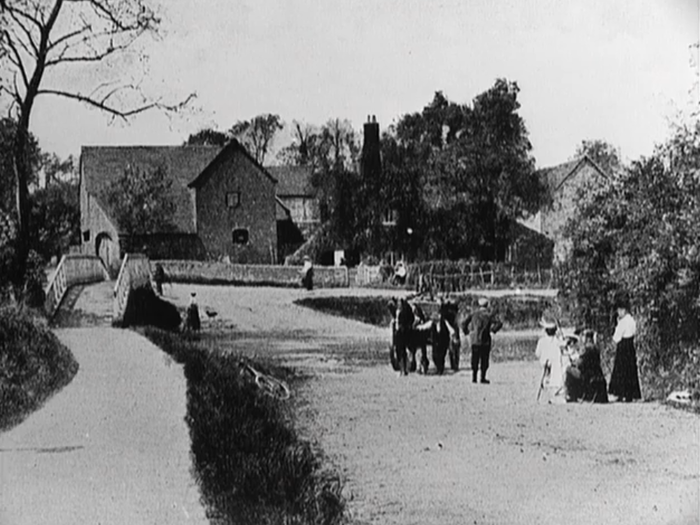
Here, a young Tolkien explores the village. "Sarehole is a great place for adventures," Chris Upton, a Tolkien historian said.
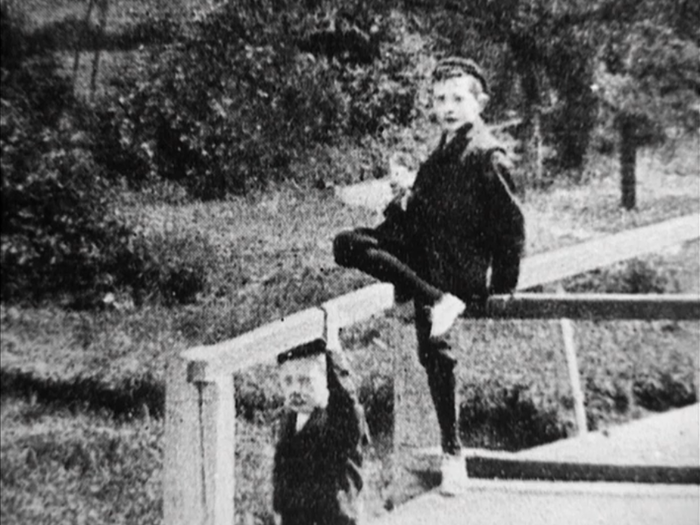
"There's the mill ... where Tolkien and his brother climbed over to annoy the miller and found out what was going on." Every year, the village hosts a Middle Earth Weekend in that spot.
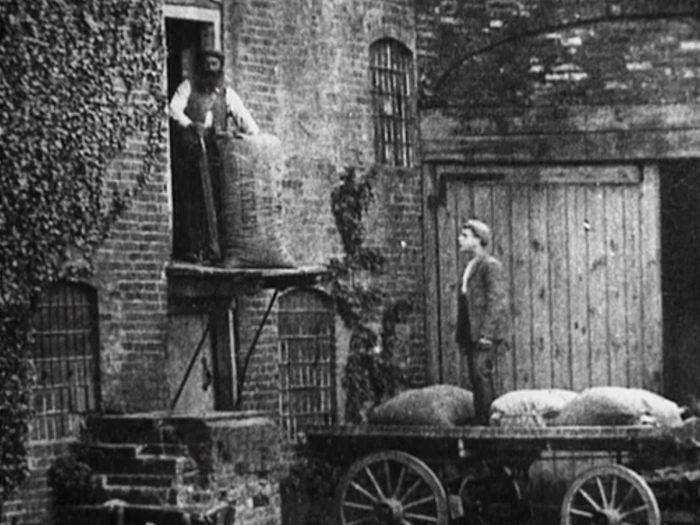
Source: Birmingham Mail
Mostly farmers, the people in Sarehole lived simple lives.
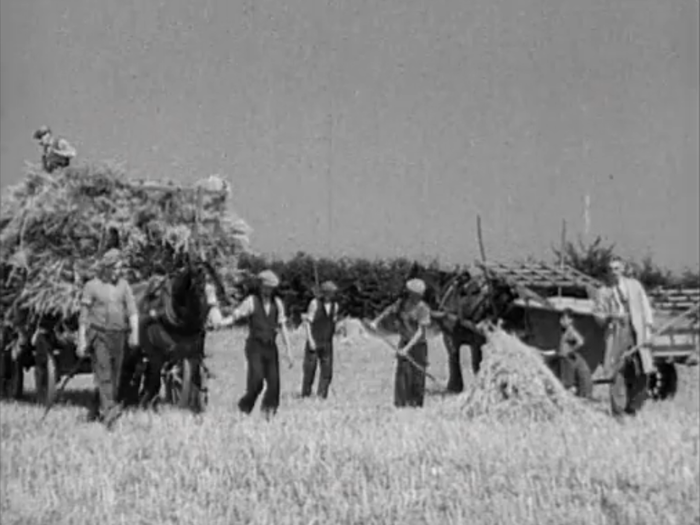
They enjoyed good food and company.
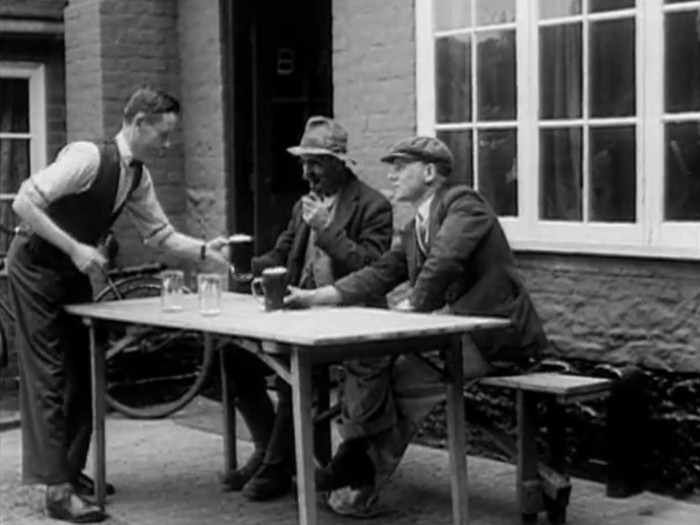
And drinks, of course.
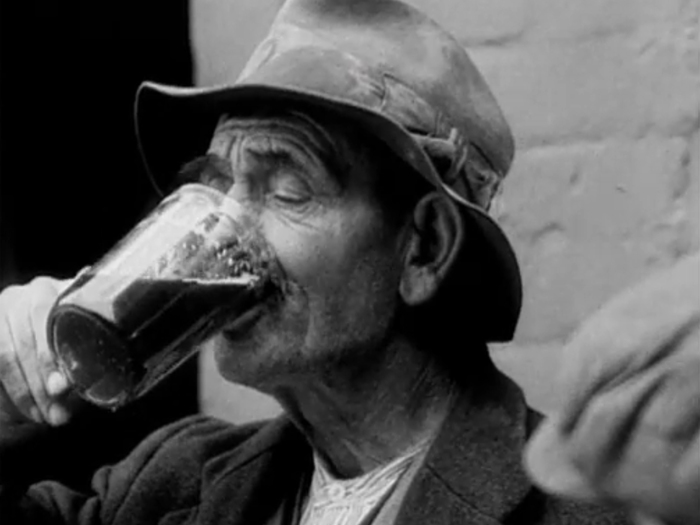
"The Hobbits are actually quite close to the people that Tolkien grew up with as a child," Alan Lee, one of the film's conceptual designers, said.
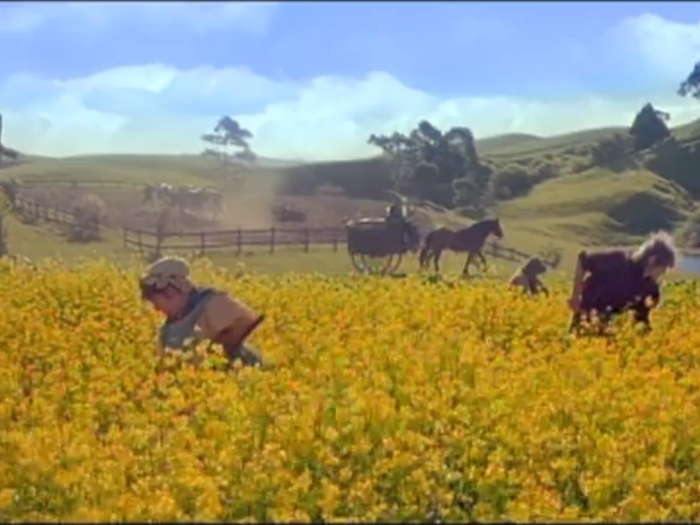
Peter Jackson, the film's director, even used Sarehole as inspiration for the movie set.
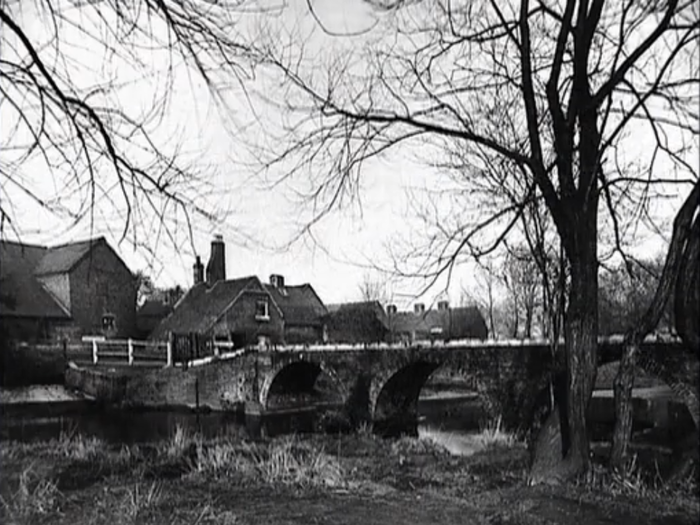
Look familiar? "I think landscapes have a powerful effect on any writer. You can see quite close connections between, say the Sarehole area, and what comes out in the books," Upton said.
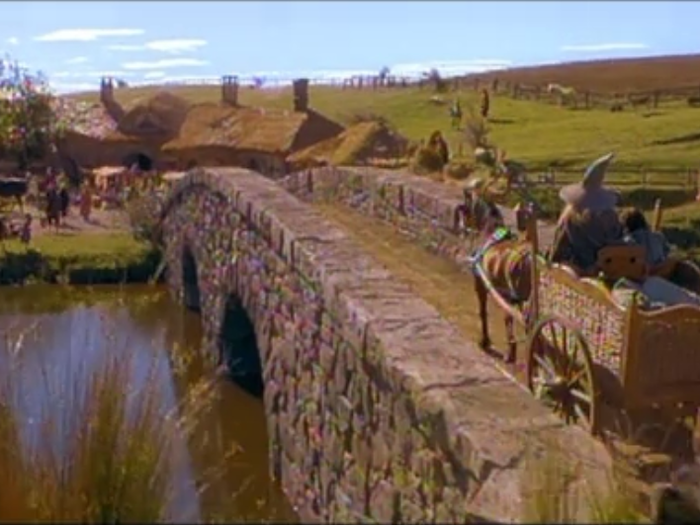
Even today, the the hamlet remains a verdant wonderland.
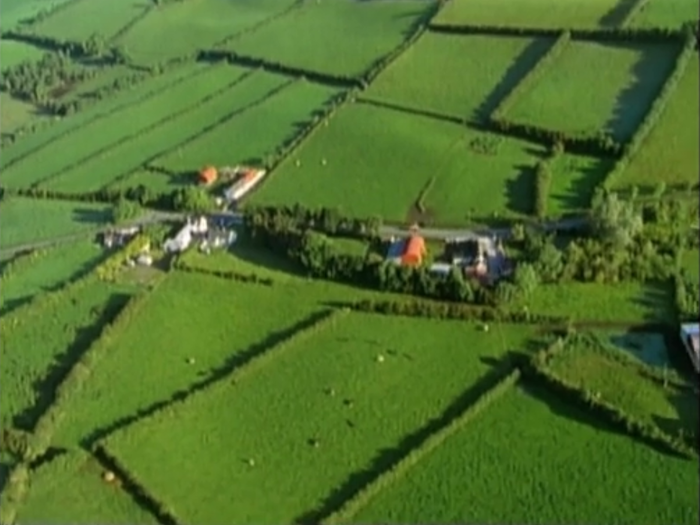
But by the time Tolkien reached his teens, his beloved home faced a growing threat.
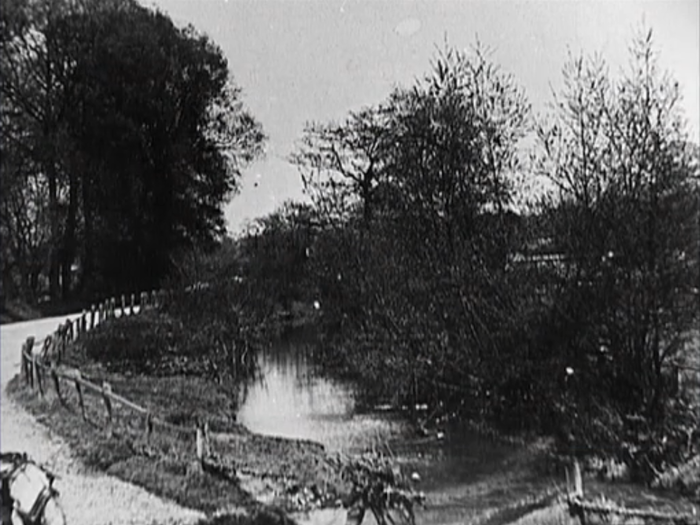
The tentacles of industry had spread to Sarehole. England's industrial revolution peaked a year earlier, destroying much of the countryside.
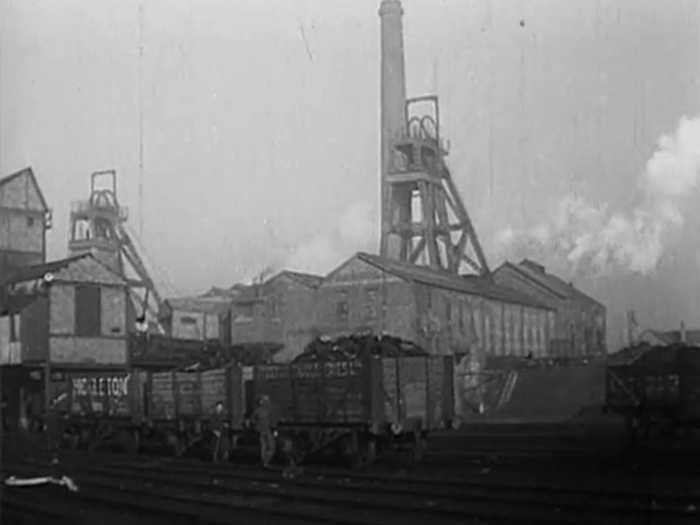
"All the time that Tolkien was here, I think he was aware the city was getting closer .... We can see many of the great contrasts in 'Lord of the Rings' — the great contrast between the green of The Shire and the black beyond it," Upton said.
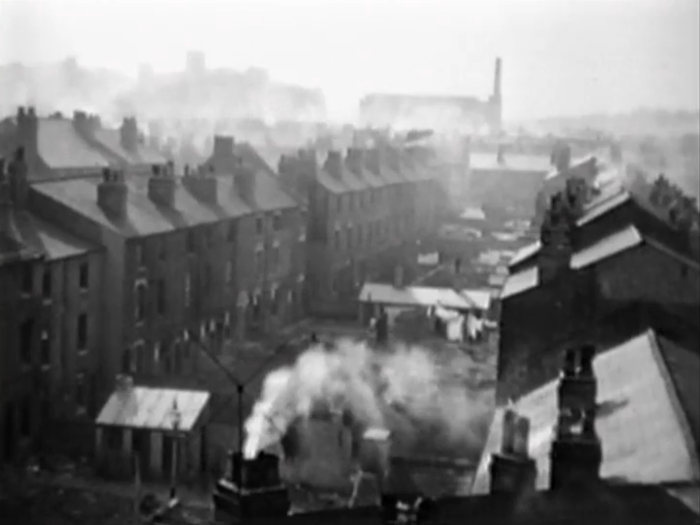
World War I also affected Tolkien's homeland, his people, and therefore, his writing.
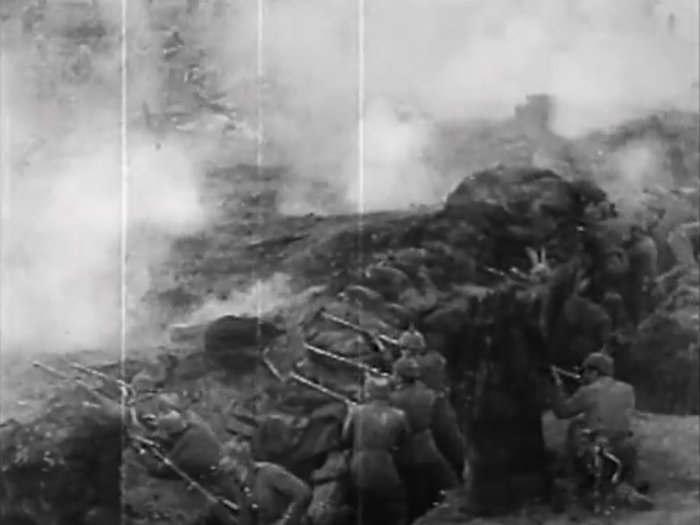
In 1914, Britain joined the Allies.
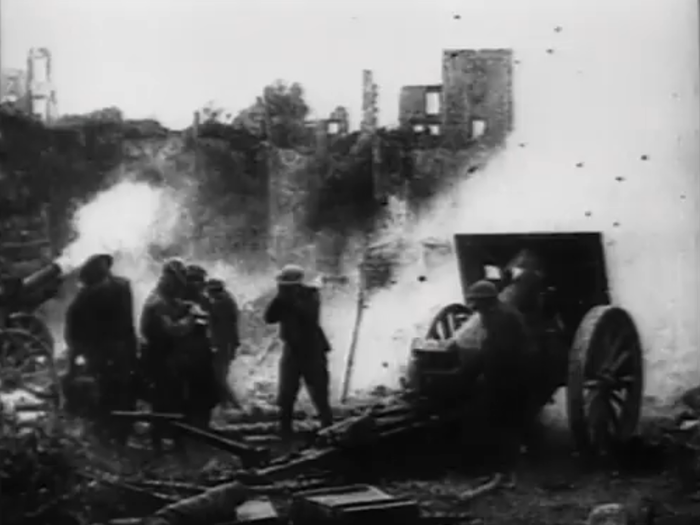
By 1915, Tolkien (shown fourth from the right) and most of his classmates at Oxford went off to war. He arrived at the front lines, his first assignment, in June 1916.
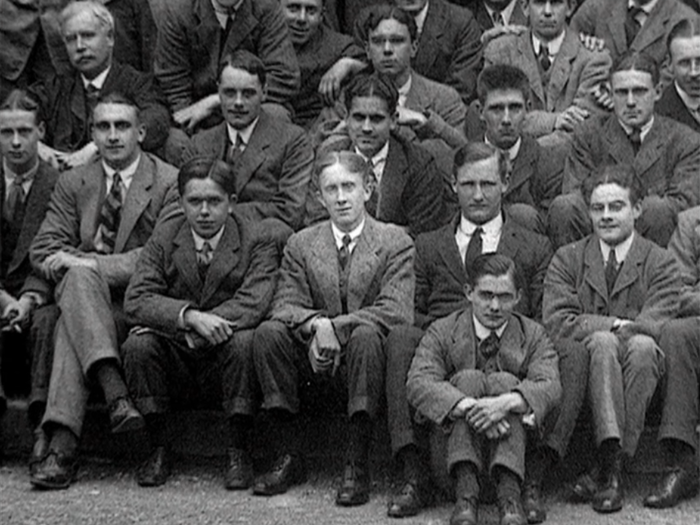
Tolkien served with the Lancashire Fusiliers, shown below in a battalion that fought during the Battle of the Somme — the bloodiest battle in British military history.
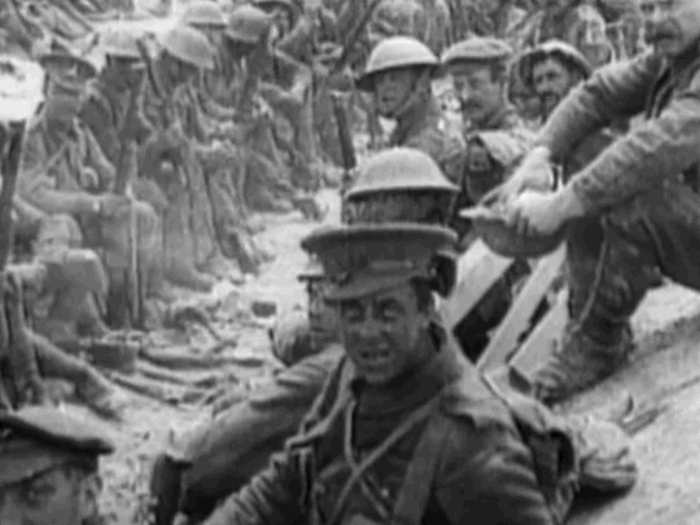
By the end of the first day, 38,000 British soldiers had been wounded and 19,000 killed. Patty King, shown below, served with Tolkien as a Fusilier. Infantrymen would be lucky to survive six weeks, he said.
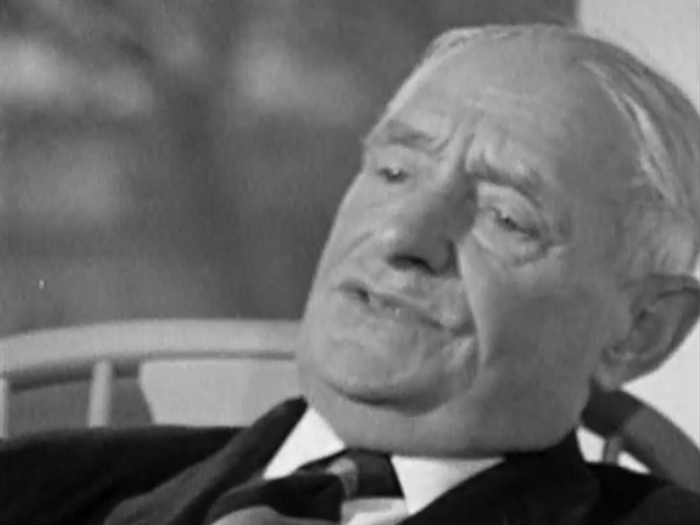
"The front line was a terrible scar running across green, rural, hilly fields. It was a scar composed of mud and blood and blast chalk," Tolkien scholar John Garth said.
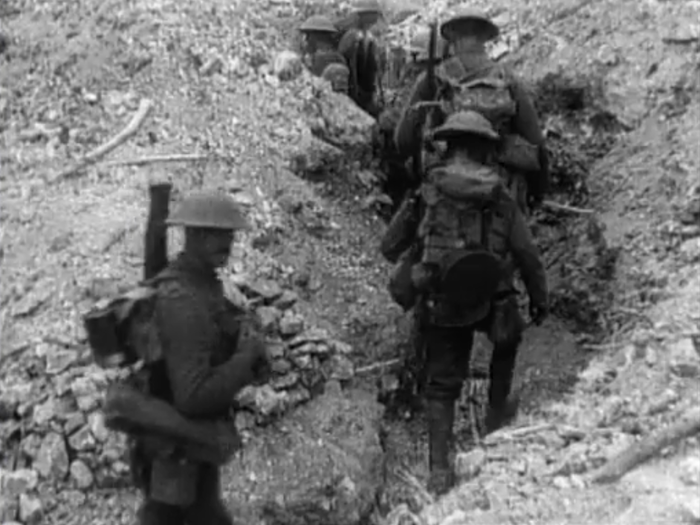
Tolkien's battalion found itself pitted against the new titans of the war industry — tanks, poison gas, and machine guns.
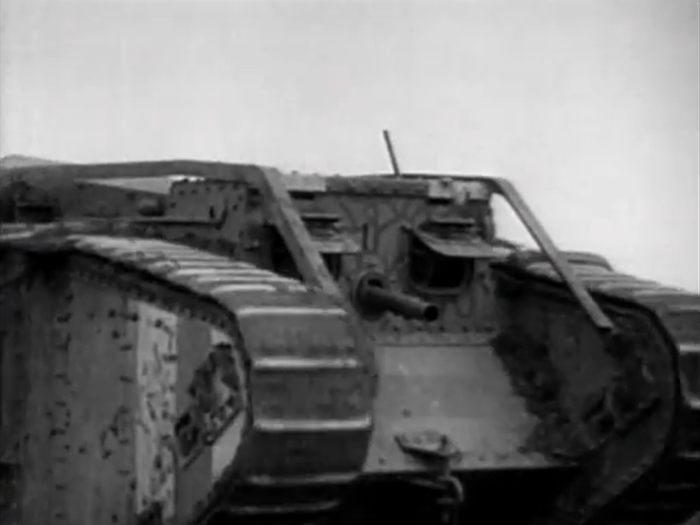
They mowed soldiers down, much like the elephants at the Battle of Pelennor Fields.
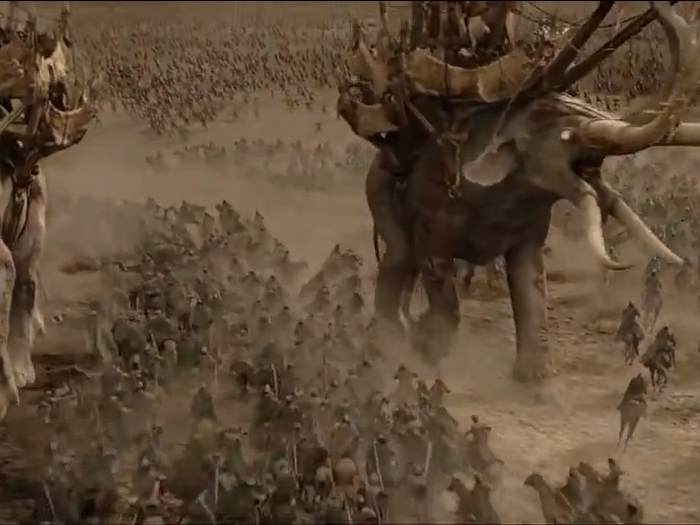
Even the war-torn sky inspired Tolkien. "At night, everything around them apart from the sky would disappear. They would advance toward this terrible noise," Garth said.
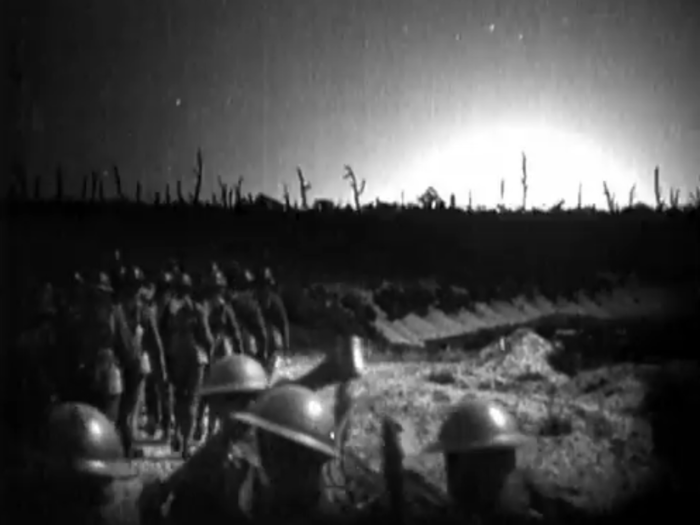
A sky that was lit rather like the sky from Mordor, by the flickering of Mount Doom.
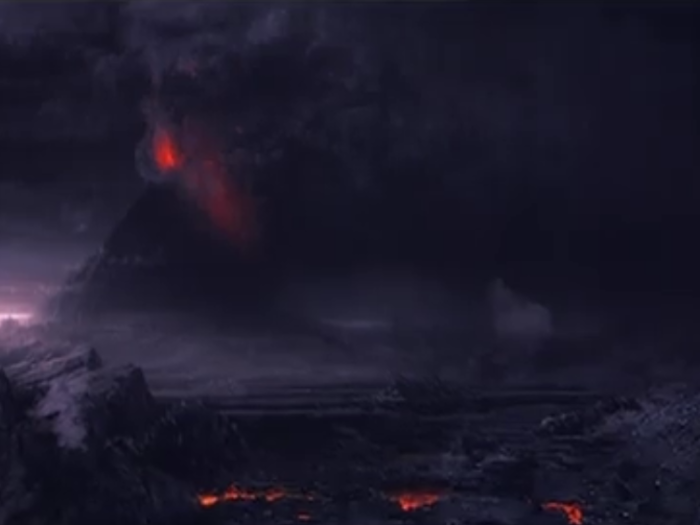
One byproduct of war particularly struck Tolkien: the dissolution of class boundaries. "Officers were selected from men who had been to university, men like Tolkien. The infantry ... were ordinary blokes. In the case of Tolkien's battalion, they were miners and weavers from Lancashire," Tolkien scholar John Garth said.
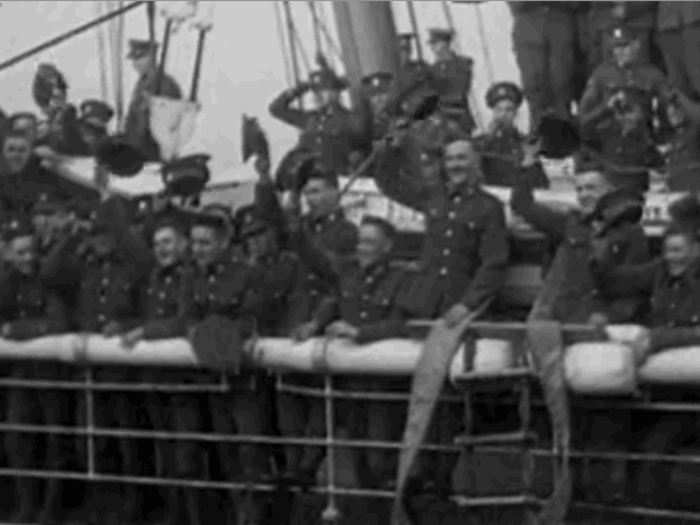
The same contrast exists in "Lord of the Rings" between Frodo and Sam. "Frodo is a well-to-do, educated, middle class Hobbit, while Sam is his gardener. He's a country-lad, effectively. Whatever bond there is between them is a reflection, as Tolkien said, of whatever bond he saw between officers and ordinary men," Garth said.
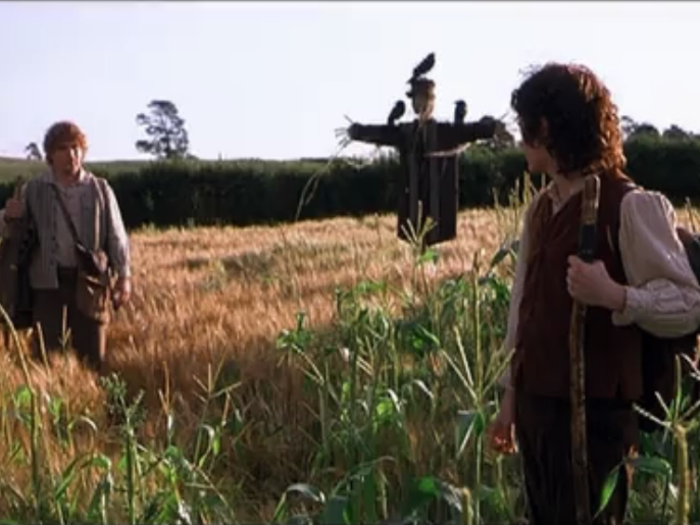
"Some of the very earliest writings Tolkien did of Middle Earth were done with a notebook and pen while he was in the trenches, in the first World War. And that's where Middle Earth was born," Jackson said.
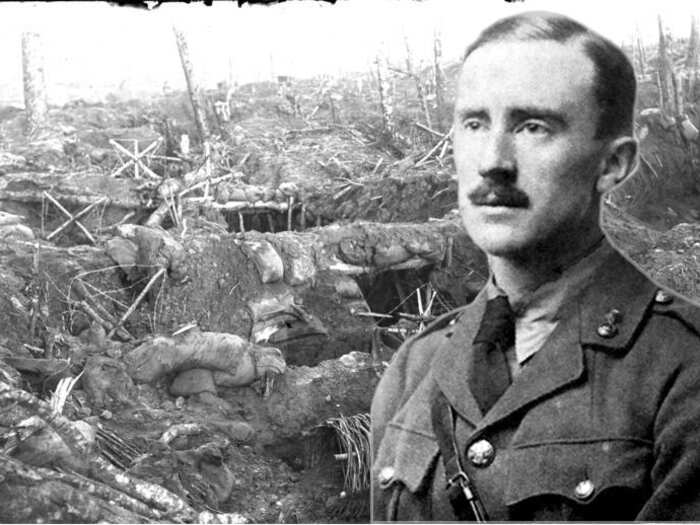
Many speculate World War II also profoundly impacted Tolkien's writing. In 1939, the same year Germany invaded Poland, Tolkien began a manuscript he titled, "Lord of the Rings." His son Christopher served in Britain's army.
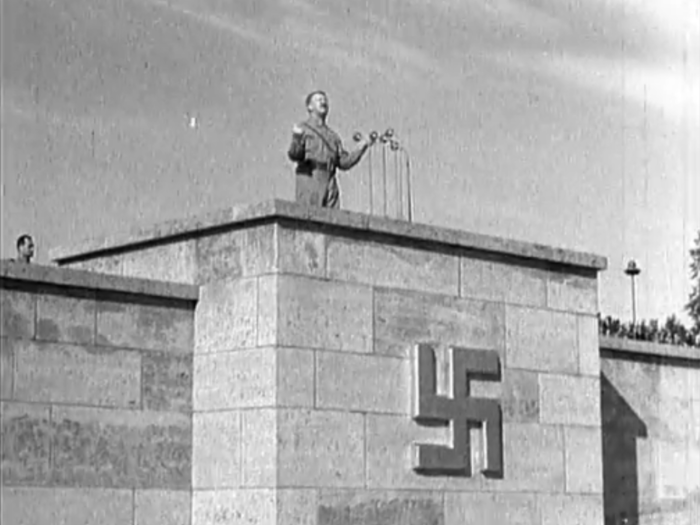
"It's clearly articulated by Tolkien himself, about the war, when he said that often small people, ordinary people are called upon to manifest acts of indomitable courage," Jane Chance, professor at Rice University, said.
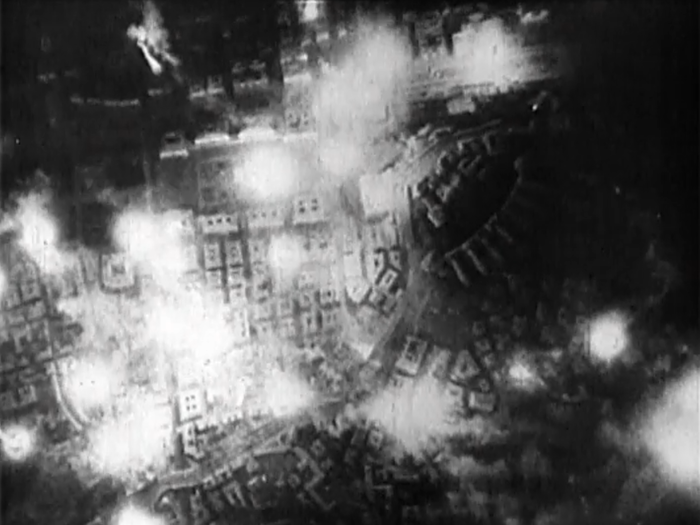
"The war is a factor. His imagination was his own, of course, but there was this background of something very much stronger, more sinister, more dangerous, which you get in the book," Rayner said.
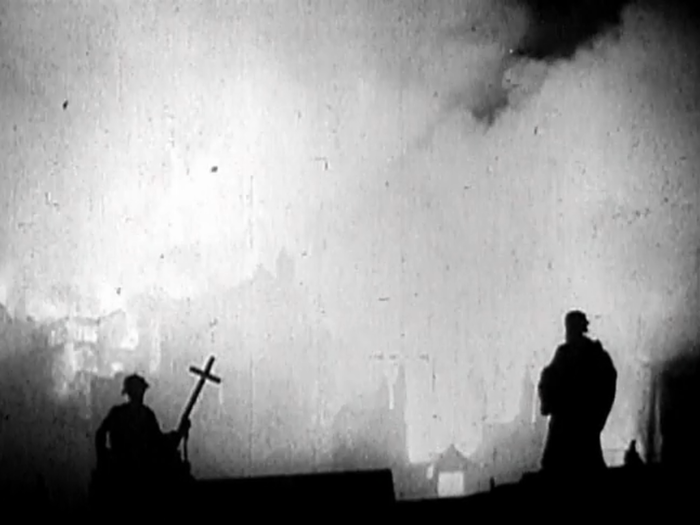
Obvious similarities exist between Saruman — a wizard who creates an Orc army from blood and iron — and Adolf Hitler.
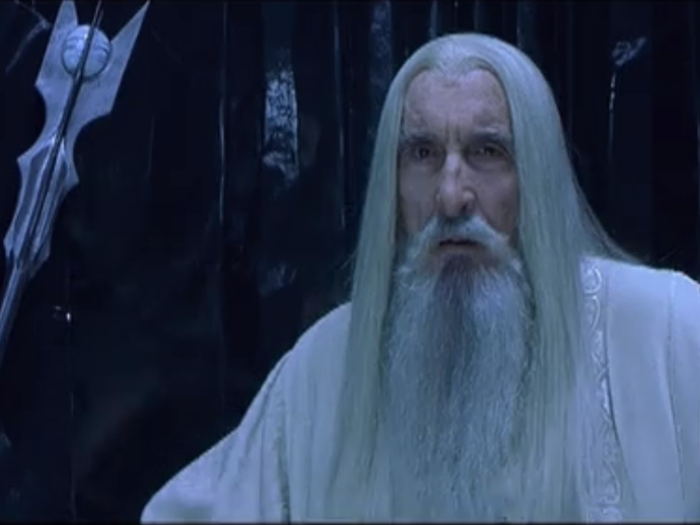
But Tolkien has always denied any direct parallels to World War II.
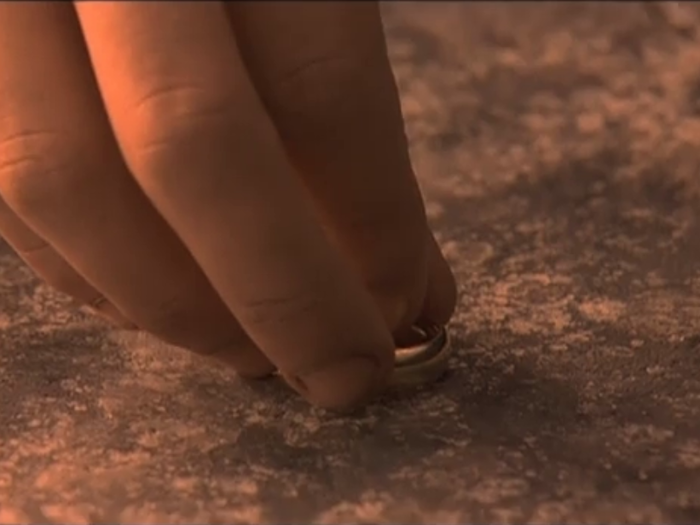
Tolkien likely drew on his entire life, beginning of course, in Sarehole.
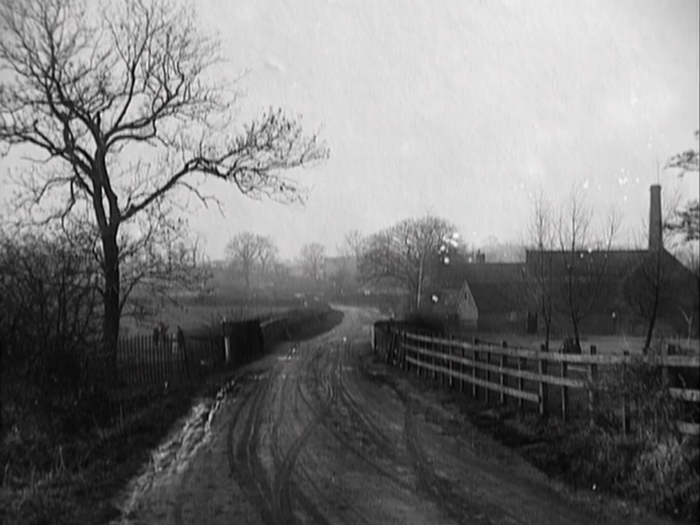
Popular Right Now
Popular Keywords
Advertisement
